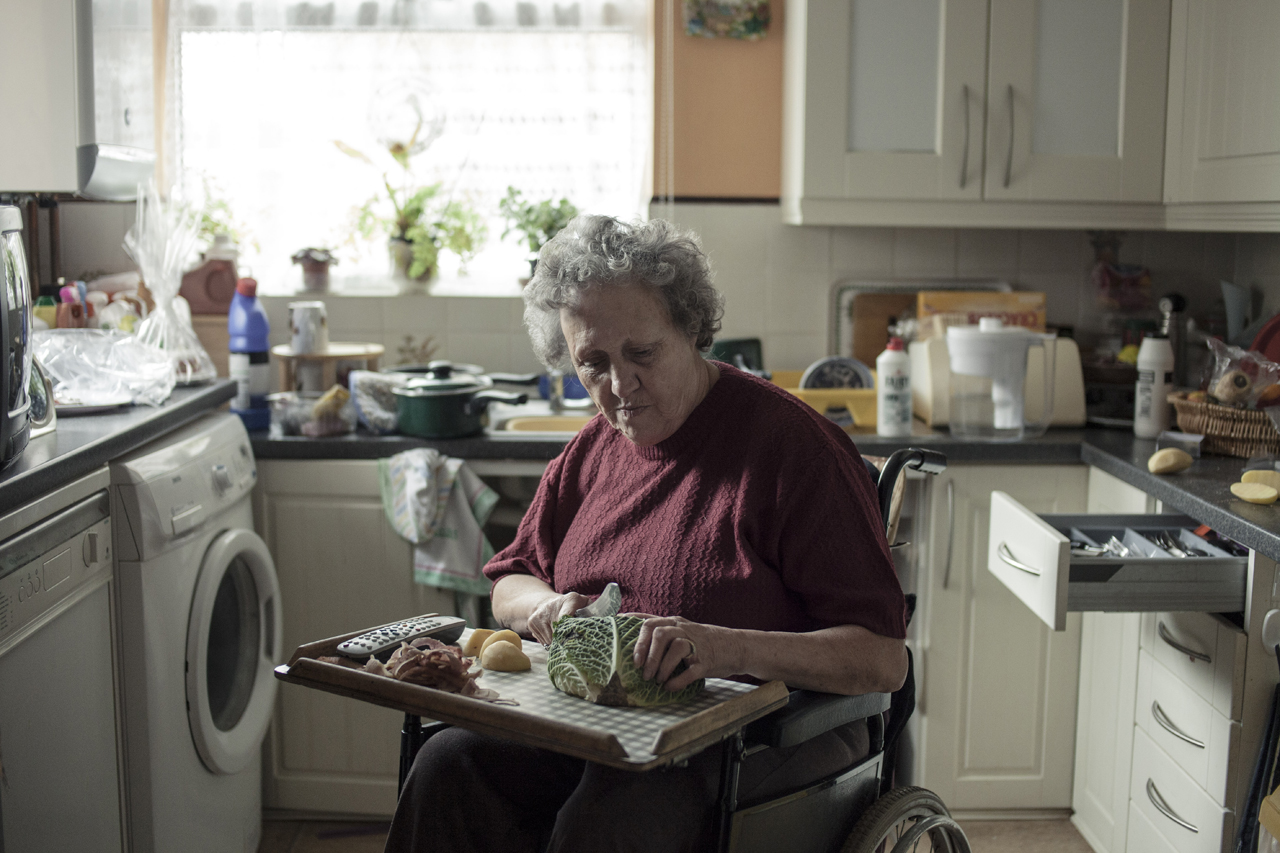-
-
Shoshana and Maureen are two distinct characters. Shoshana is outgoing, fast paced, engaged. Maureen, on the other hand, is rather calm and easy going. I admire Shoshana’s tenacity in making sure she has everything she needs, demonstrating a go-getter attitude that is not deterred by the bureaucracy of the health or social services in the UK. Maureen can be admired for having a wholesome character who accepts the cards she’s been dealt in life and calmly looks forwards to each day anew. In a way, Maureen is lucky she has been well provided by her local authority as well as the health services. She is thankful for everything she has received in a most humble manner that only made me more modest as she speaks of her life with MS. Shoshana, on the other hand, speaks of her life with MS as a series of failures by the health service and paints a rather grim picture of what the situation can be like for someone with MS in the UK:
a
If it’s not given to you, be prepared to go and get it. Even when it is obvious to you, you may still have to fight to justify it to the health service or your local council. If a service is not available in your area, move to another one if you can.
a
Although Shoshana and Maureen have two different approaches and perspectives on their lives with MS, they have one strikingly similar attitude towards life in general that is quite representative of the British psyche: the ability, in any eventuality, to keep calm and carry on.
a
From the Under Pressure website:
a
http://www.underpressureproject.eu/web/country-profile/united-kingdom
a
There is wide variation across the UK both in access to and quality of MS services. A government report in 2012 identified major problems, including differences in access to services, long wait for diagnosis, poor information and a lack of care coordination.
a
A good fact is that the law protects people remaining in employment after diagnosis and requesting flexible working conditions. But discriminatory attitudes and poor awareness of MS unseen symptoms, such as fatigue, often threaten working relations.
a
Two main disability benefits exist for people with MS but significant cuts in funding are expected; and concerns have grown about how eligibility for those benefits will be determined. Also, care and support services are available across the UK but costs are variable.
-

Reading, United Kingdom, 12/2011 • Maureen Pankhurst was diagnosed with MS almost 50 years ago, at age 20. Although confined to a wheelchair by her mid-30s, her condition has progressed quite slowly. Now living with her second husband, Neil, she quietly asserts her need to be as independent as possible. She continues to do most of the cooking but when she needs some heavy lifting help, Neil will be at hand.